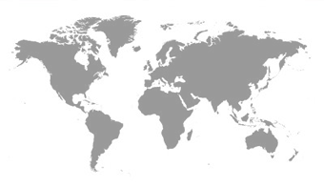Pig farmers oppose U.S. proposal to ease ban on feed additive
The pig industry in Chiayi County said Tuesday it is strongly opposed to the idea of relaxing the regulations on the feed additive ractopamine, as suggested by United States authorities.
Several associations of pig farmers conveyed their concerns on the issue to Legislator Chen Ming-wen, after the banned substance was found in some imports of U.S. beef.
U.S. authorities have urged Taiwan to ease its strict regulations of zero levels of ractopamine, a drug that promotes leanness, in meat.
Considering that the drug is banned in Japan and in many European countries, Taiwan's pig industry could lose its competitiveness if ractopamine is permitted, said Lin Chiu-kuei, director of Chiayi County Swineherd Association.
Easing the ban on the controversial drug could also destroy consumer confidence in Taiwan meat products, Lin said.
The Chiayi association vowed to team up with other pig farmers to protest against any relaxation of the ban.
The Council of Agriculture ruled in 2006 that ractopamine, better known as Paylean, is prohibited because ingestion of the drug could lead to symptoms such as heart palpitations, arrhythmia, vomiting and nausea, Lin noted.
But the U.S. urged Taiwan on Jan. 15 to follow in the footsteps of other countries like Australia, Canada, and New Zealand and set a minimum residual level (MRL) for allowable ractopamine in meat.
The U.S. decided to postpone a trade meeting with Taiwan after some U.S. beef products found to contain ractopamine residues were taken off the shelves of local supermarkets, Taiwanese officials said on Jan. 22.
The meeting, under the two-way Trade and Investment Framework Agreement (TIFA), was scheduled for late this month in Taipei.
It was the second time that the Taiwan-U.S. TIFA meeting was aborted due to a controversy over farm product quarantines.
The TIFA, signed in September 1994, provides an official framework for Taiwan-U.S. dialogue on trade and economic issues in the absence of formal diplomatic ties, but the two sides have not held any TIFA talks since 2007 due chiefly to conflict over a
This article hasn't been commented yet.

















Write a comment
* = required field